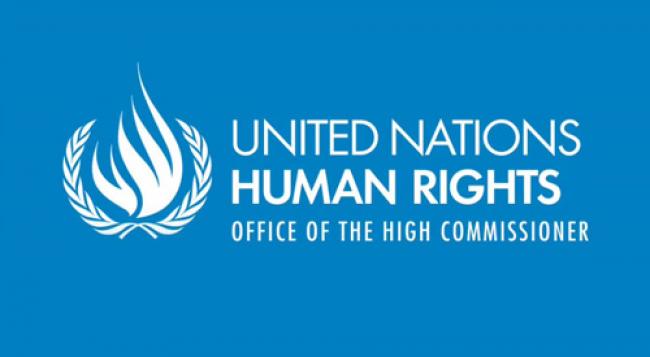The Office of the UN High Commissioner for Human Rights (OHCHR) called on Tunisian political actors to make certain that the independent institutions established in the constitution are strong and “help promote accountability and the rule of law with full respect for human rights”.
These include the National Human Rights Institutions, which are set up as administrative bodies to protect or monitor human rights in a given country.
On Sunday, Tunisia's Parliament adopted its first constitution since massive public demonstrations ousted President Zine El Abidine Ben Ali in January 2011.
Congratulating the people of Tunisia, OHCHR spokesperson Ravina Shamdasani said the new constitution translates their aspirations for dignity, social justice and individual liberties.
The UN human rights office also commended the “exemplary commitment to dialogue and consensus that has marked the democratic transition in Tunisia,” she told journalists in Geneva, highlighting the wide participation of civil society which aided the constitutional process.
OHCHR vowed to continue to support national efforts towards the establishment of an open and democratic society in the country.
The 2011 actions of Tunisian citizens sparked the wave of popular uprisings across North Africa and the Middle East that became known as the Arab Spring, which also led to the toppling of regimes in Egypt, Libya and Yemen.
In his statement this weekend, Ban's spokesperson said Tunisia's example can be a model to other people seeking reforms.
Credit: OHCHR
